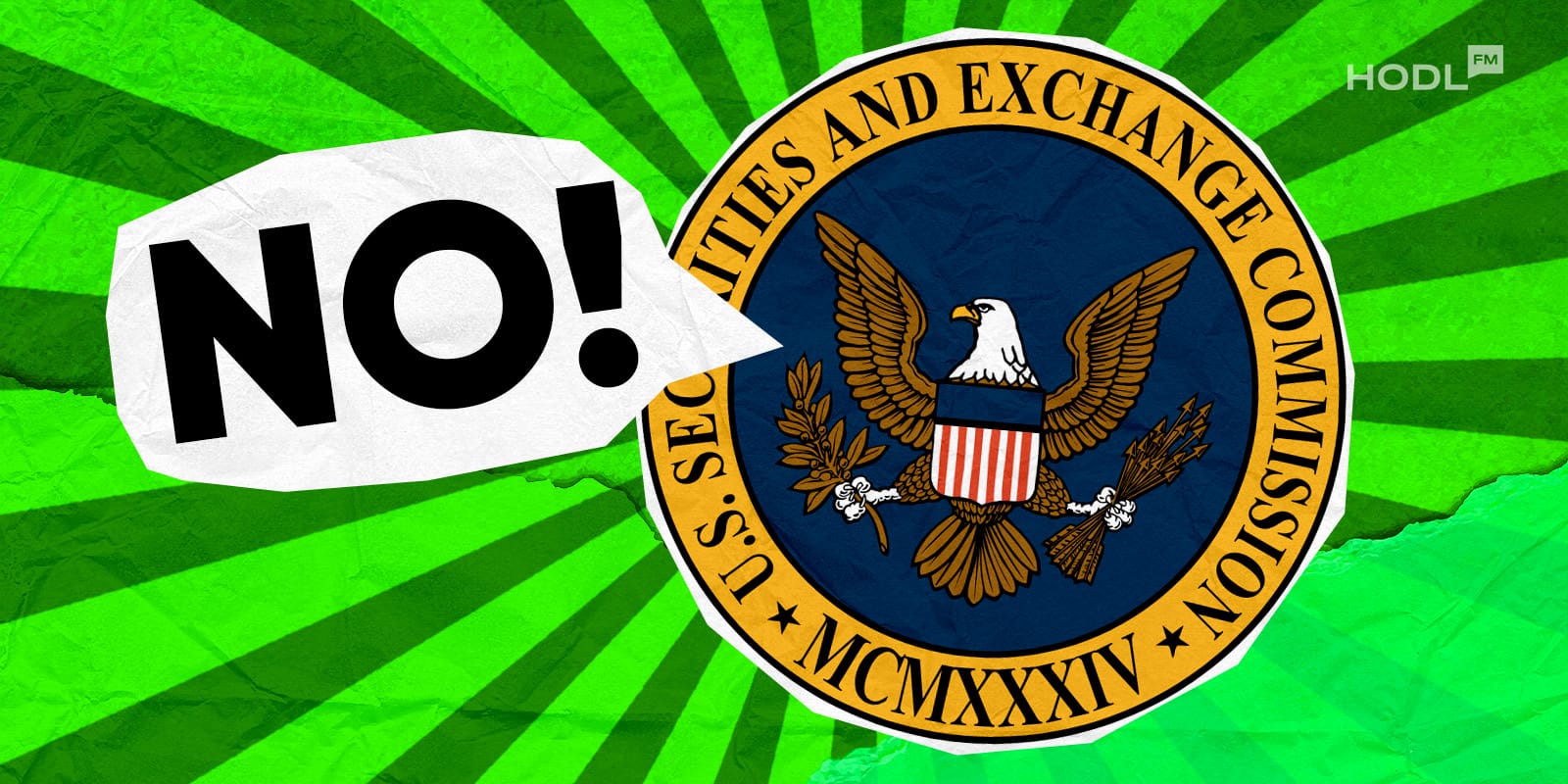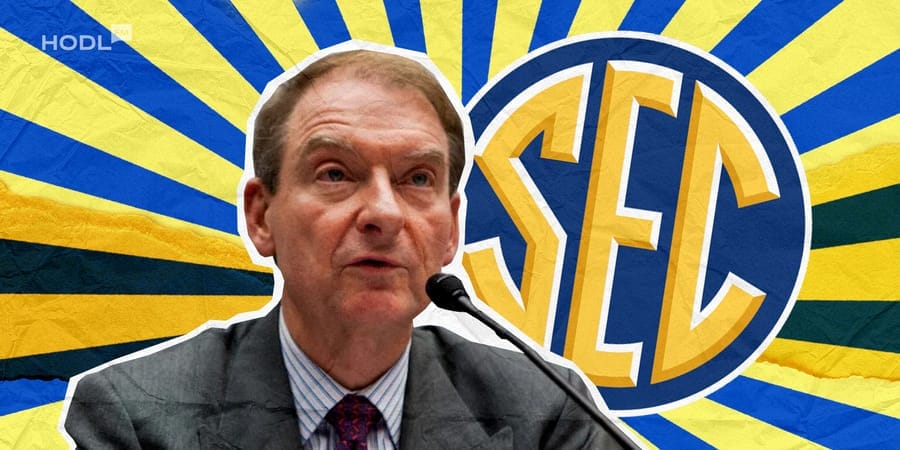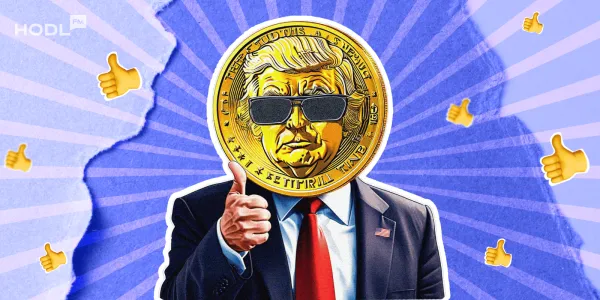SEC Chair Paul S. Atkins has made it clear: the SEC is ready to embrace the future of decentralized finance (DeFi). At the Crypto Task Force Roundtable on DeFi, Atkins stressed that DeFi’s role in promoting innovation and economic empowerment aligns with American values. He even acknowledged that some past regulations might have been a little too much of a buzzkill.
“The prior U.S. government administration discouraged Americans from participating in these market-based systems by asserting through lawsuits, speeches, regulation, and threatened regulatory action that participants and staking-as-a-service providers may be engaged in securities transactions,” Paul Atkins said.
Now, the SEC is considering offering conditional exemptive relief, potentially allowing blockchain startups to operate without facing the usual regulatory hurdles right away. This shift signals a more open approach, with the agency reviewing amendments to rules on self-custody and exemptions for specific DeFi activities. Looks like they’re trying to play nice with innovation after all.
Mining, Staking, and SEC’s Legal Tightrope
The SEC has also clarified where proof-of-work mining and protocol staking stand under securities law. Not every mining or staking action will get the SEC's attention. That’s a big win for DeFi projects that are based on community consensus models.
For more details, the SEC published official guidance on "Certain Proof-of-Work Mining Activities" and "Certain Protocol Staking Activities", helping developers and users breathe a little easier. With these new guidelines, blockchain innovation is no longer shrouded in the fog of regulatory uncertainty.
Still, the SEC isn’t letting its guard down. The agency is committed to protecting investors and market integrity, and by laying out which activities are regulated, they’re keeping things transparent.
Court Cases and DeFi's Legal Roadmap
Courts are also playing their part in defining the DeFi landscape. Atkins referenced the Risley v. Universal Navigation Inc. case, which examines who’s to blame when things go wrong in decentralized protocols.
As one court put it, it’d be ridiculous to sue the maker of a self-driving car for a third party using it to break the law. So, it seems like DeFi developers may not be liable for any mishaps that occur when someone uses the protocol irresponsibly.
Legal experts believe this case could set a big precedent when it comes to evaluating decentralized systems and smart contracts. By citing these cases, the SEC is building a solid, predictable roadmap for DeFi regulation that allows for real growth while keeping things above board.
As momentum for DeFi gathers, U.S. lawmakers are starting to feel the pressure to make sense of it all. That adaptability through talk, SEC style, is going to be a game-changer, shaping the country's digital asset regulations for years to come.

Disclaimer: All materials on this site are for informational purposes only. None of the material should be interpreted as investment advice. Please note that despite the nature of much of the material created and hosted on this website, HODL FM is not a financial reference resource, and the opinions of authors and other contributors are their own and should not be taken as financial advice. If you require advice. HODL FM strongly recommends contacting a qualified industry professional.





